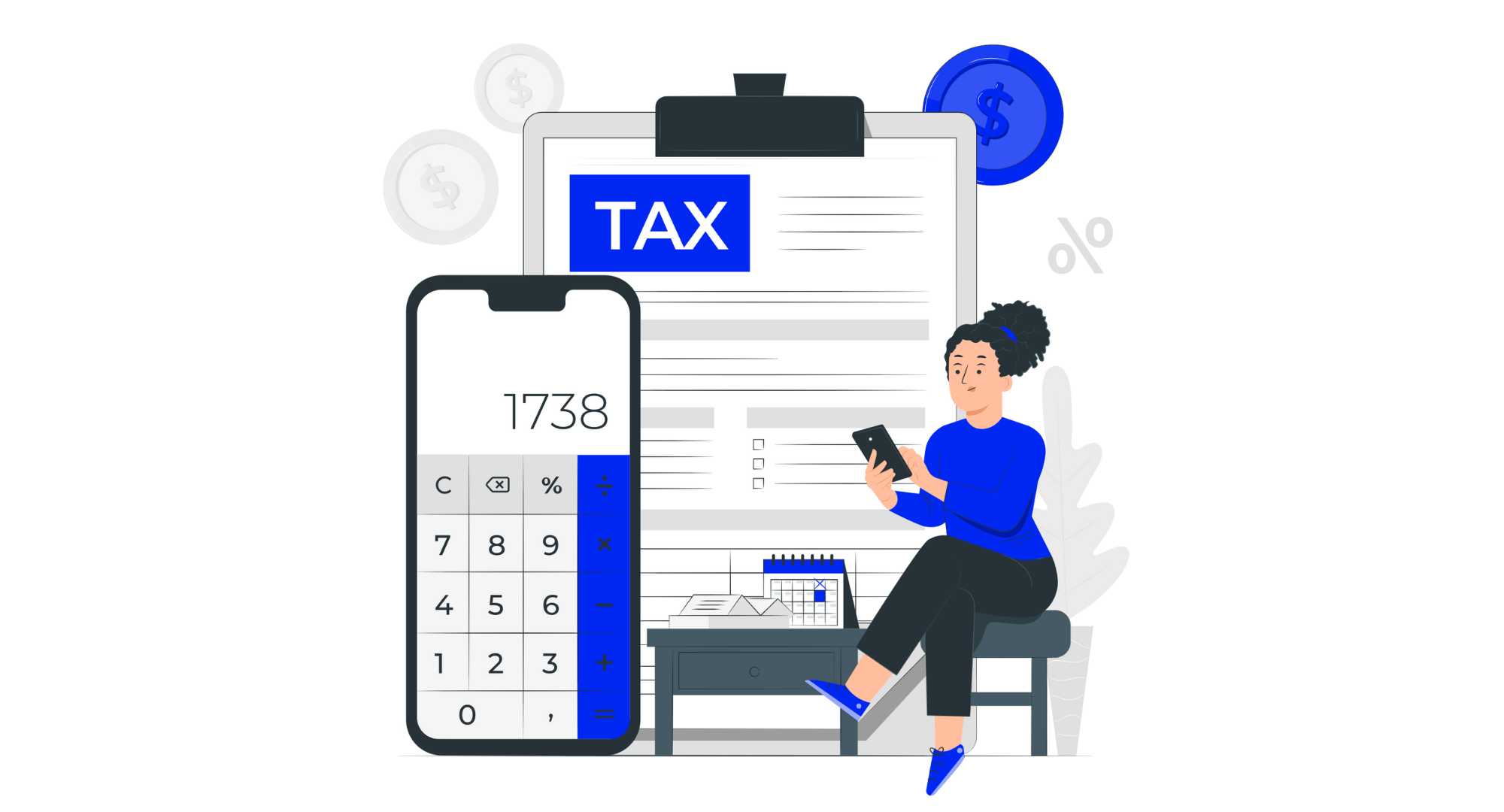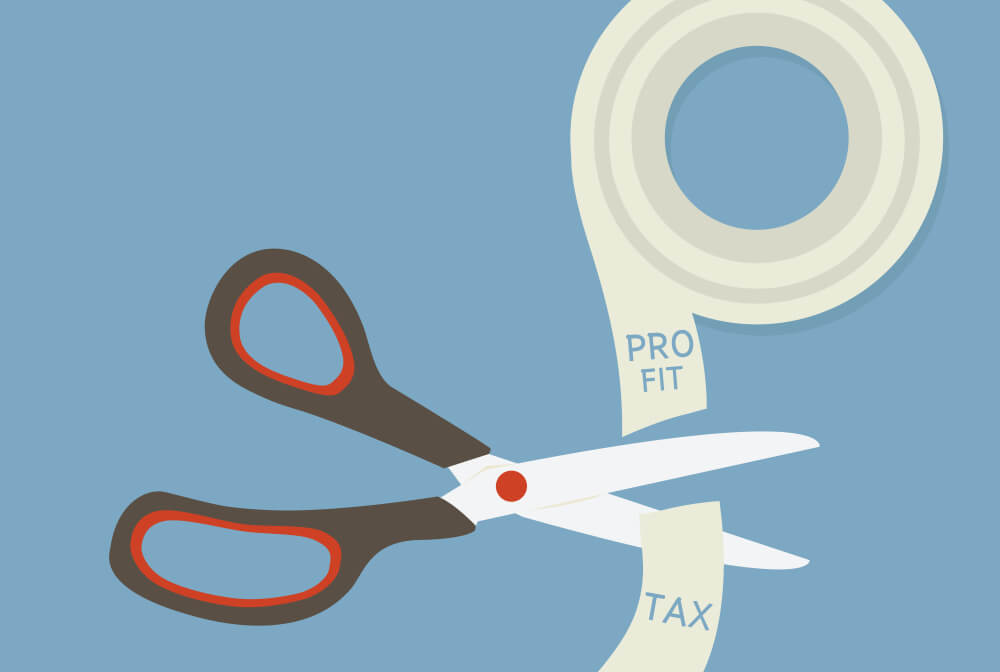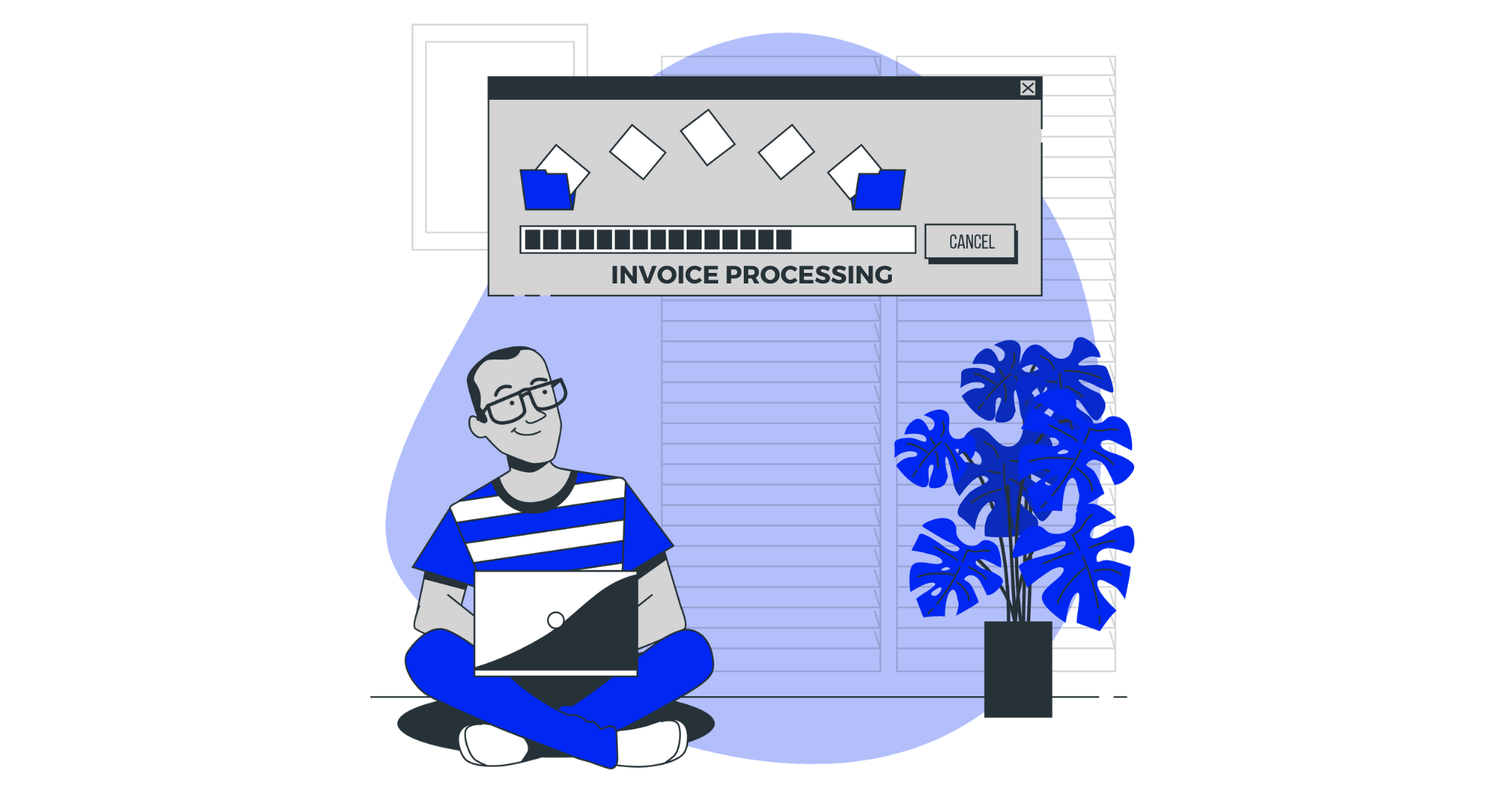
Are you trying to find the best way to use tax deductions?
Governments can offer a cornucopia of various small business boosts through taxes and credits. Some of the tax deductions help small businesses across the board while others target certain sectors determined to be in need of more help.
With the wide range of potential benefits, naturally many get confused about which may apply to their specific circumstances. The list below only covers those most often used. For a full accounting of all potential breaks, small business owners should contact their accountants.
Also, remember that tax laws and regulations remain in constant flux. What holds true for 2024 may change for 2025.
8 Tax Deductions for Small Businesses
Many small business owners remain unfortunately unaware of the tax benefits that can add to their advantage. A large number of these small business tax deductions cover 100 percent of the cost of certain goods or services purchased in a year’s time.

1. Personal Expense Deductions
These deductions are specifically for business owners’ personal expenses incurred as part of supporting work and company efforts.
- Self-employed individuals can deduct health care premiums unless their spouse has access to an employer-offered insurance plan.
- Retirement contributions, under certain conditions, are subject to full deductions
- Under certain conditions, those who pay for child care while they work may be eligible for deductions of these expenses.
- While businesses cannot deduct charitable contributions from their tax obligations, business owners can do so from their personal taxes.
2. Business Expense Deductions
A broad spectrum of business expenses remain fully or partially deductible. Some small business tax deductions support company efforts in fulfilling vital functions. Others target specific business expenses that many companies rarely, if ever, will be able to use.
All small business owners should remain familiar with allowable expenses so they can maintain proper paperwork to support deductions throughout the year.
- The cost of advertising and promotion of the business can, under certain conditions, be subject to a full deduction. Covered activities include, but are not limited to paying for certain graphic design services, business cards, launching a website, commencing a social media campaign, and more.
- Although adjusted down by TCJA, some business food and beverage costs remain under the category of deductible expenses. In most cases, 50 percent will serve as the limit. When a business provides meals for work-related activities, the limit remains at 50 percent. Food provided for celebrations, however, can be fully deducted.
- When education costs enhance skills and capabilities to support the business, a company may be able to deduct. Some programs acceptable to the IRS include seminars and webinars, skills education, subscriptions to trade publications, field-related books, and transportation expenses.
- Under some restrictions, businesses can deduct interest. The federal government allows this if:
1) The business is legally liable for the debt.
2) All parties agree to repayment of the debt.
3) The debt is a professionally established debt between parties in a “true” debtor/creditor relationship. - Legal and professional fees, such as those paid to accountants, lawyers, or even consultants and technical services, are subject to deduction. Work done for personal reasons faces many more restrictions under federal tax laws.












